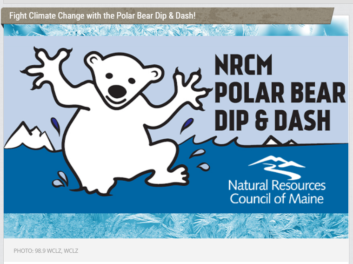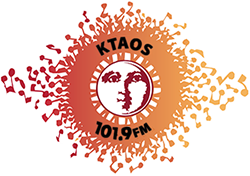
Before we get too much further into 2022, I’m hoping we can focus on making it a better world for ourselves and our listeners in as many ways as possible.
When you read the many summaries of the headlines 2021, you couldn’t help but notice that climate was one of the top stories. From extremely cold temperatures in Texas and record highs on the Pacific Coast to hurricanes and enormous forest fires, weather effects dominated the news.
Yet as I listen to commercial stations around the United States, I rarely hear the terms “climate change” or “global warming” mentioned other than news radio coverage. The exception is conservative talk radio, where the seriousness of climate change is still rejected as a left-wing scare tactic.
“Pluralistic ignorance” is a useful phenomenon to understand if our industry wants to help improve conditions we face with climate change, COVID and the economy.
Pluralistic ignorance happens when people misjudge beliefs and actions of others and then act accordingly, even when it goes against what they actually believe.
A prime example of pluralistic ignorance comes from a 2019 survey conducted by the Yale Program on Climate Change Communication. It discovered that the American public underestimates how many people in our country believe that global warming is real.
It might be surprising to you to learn that Americans on average think that only 54% of others believe that global warming is occurring, when actually 69% of Americans surveyed at that time really did believe it was happening. And the latest survey from September indicates that this belief about global warming has grown to 76% of the American public believing that “global warming is happening,” an all-time high since the program began its surveys in 2008.

While I understand talk radio has an audience to serve, these stats make me wonder if its programmers are doing enough research to make sure that the once-sacred cow of poo-pooing climate change should be reassessed, even for their listeners.
After all, it is common for Americans of radically different political stripes to want the same thing. The crux of conflict is how it should be done.
Regarding policy proposals, an April 2021 Pew Research survey reports that among specifically conservative-leaning Republicans, 86% favor planting about a trillion trees around the world to absorb carbon emissions, 69% support tax credit for businesses to develop carbon-capture and storage technology, and nearly half support tougher restrictions on power plant carbon emissions. Those results are not what common wisdom might predict.
And if you take a look at the comparison maps of the Yale Program’s 2018 survey of Democratic and Republican views of climate change, you will see that most Republicans at least “somewhat agree” that global warming should be taught in our schools — and an astounding number at least “somewhat support” the funding of research into “renewable energy sources, such as solar and wind power.”
That’s a far cry from the notion that politically conservative Americans couldn’t care less about climate change.
Broaden the conversation
For most of the listening universe in America, it’s past time that stations started openly supporting climate change initiatives, or at least letting the conversation take place.
Where to start? There’s a 90-second piece called “Climate Connections,” produced five times a week by The Yale Center for Environmental Communication that’s on many public radio stations; it could use more support from commercial radio. If you’re interested, email [email protected]. If not, Yale’s climate change focused websites https://yaleclimateconnections.org/and https://climatecommunication.yale.edu/ offer many ideas for how you can incorporate messaging into your programming.
There are even studies showing how the public views specific topics you may consider addressing.
Along with addressing the topic regularly, stations can help support local and national initiatives and execute promotions, events and concerts with the proceeds benefiting organizations working to fight climate change.
Taking political affiliation into consideration, it’s easy to find resources that support different climate change initiatives. Google “climate change solutions” or “climate change education” and you’ll find everything from Greenpeace to the Brookings Institution and the Senate Bipartisan Climate Caucus.
Is it possible to run all or part of your radio station using solar energy? KTAO in Taos, N.M., famously has been using solar since 1991. If you’ve got to “get it in the budget” for next year, there’s no better time to plan for the future than now.
With seven in 10 Americans being at least “somewhat worried” about global warming, it’s time to broaden the conversation about this crucial aspect of the future that we all share.






